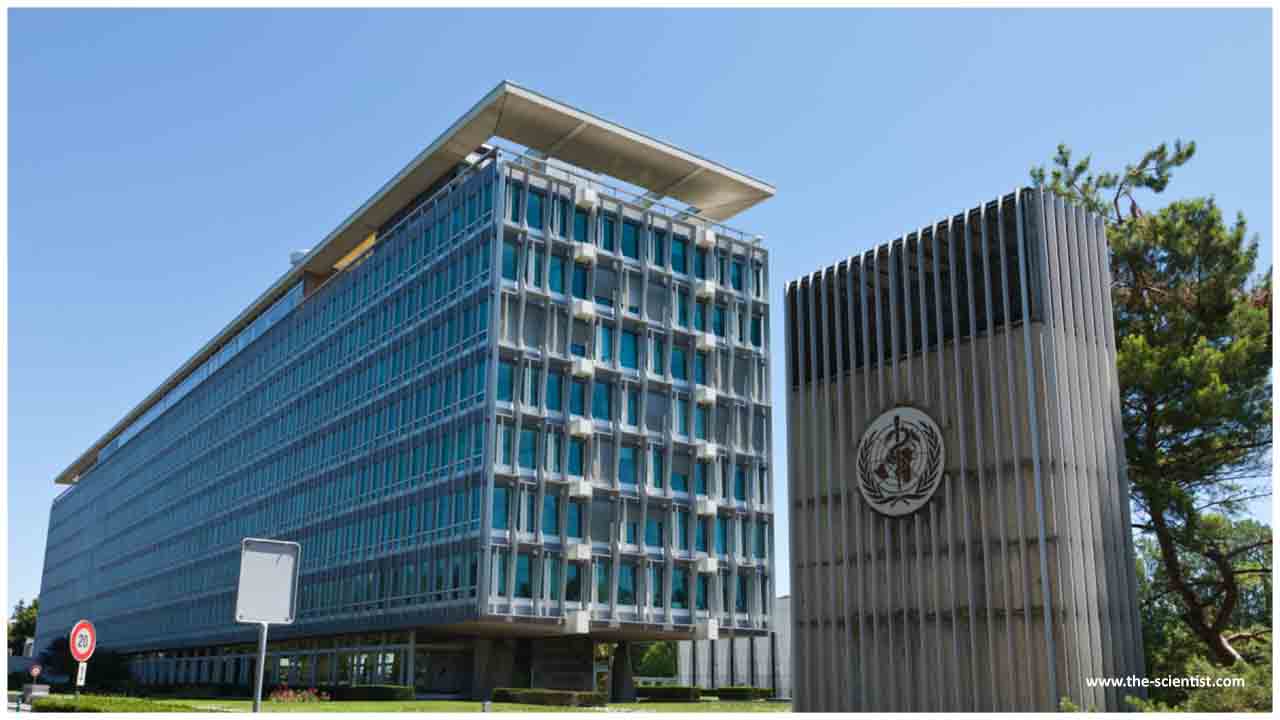This week marks the launch of one of WHO/Europe’s new flagship initiatives: mental health. Mental health is a key public health concern in the WHO European Region – over 110 million people are living with some kind of mental health condition, accounting for over 10% of the population.
The 4 new flagships – mental health, digital health and innovation, behavioral and cultural insights, and immunization – represent identified priorities for WHO/Europe in the coming 5 years. The mental health flagship will bring together a broad coalition of mental health leaders, champions, service users, and other partners to improve mental health policies and practices across the Region.
Mental health and COVID-19
Mental health has been an essential program within WHO’s agenda since its founding in 1948. But in light of the COVID-19 pandemic, a renewed focus on mental health is particularly important. Apart from the fear and uncertainty regarding infection itself, measures brought in to contain the spread of the virus, such as quarantine and lockdown, have been psychologically challenging. These compound social isolation for many and add to existing anxieties and stresses.
For frontline health-care workers and those suffering from existing conditions, the pandemic has taken a significant toll on well-being. Furthermore, the socioeconomic fallout is exacerbating pressures on the population’s mental health. Precarious work conditions, unemployment, and uncertainty about the future are expected to contribute to a sharp increase in mental health conditions, just as they did in the wake of the global financial crisis a decade ago.
As the world begins to adjust to and recover from the initial impacts of the pandemic, renewed attention to the mental well-being of affected vulnerable populations and the public at large will be crucial.
Supporting countries
Reform and development of the mental health system is an area of work for which many countries across the Region have been requesting help. WHO has responded with guidance, capacity-building, and technical support.
Now, a more concerted effort is required to secure better mental health for all, both through intensified country support and intercountry initiatives at regional and global levels. By marking mental health as a fundamental element of the European Programme of Work, existing opportunities and evidence-based approaches for mental health promotion, protection and care can be seized, scaled up, and sustained.
Poor mental health already claims the lives of 140 000 people per year by suicide in the Region. We urgently need to address long-standing gaps and deficiencies in mental health service delivery and financing and to implement prevention and mitigation strategies to stem any worsening of the mental health situation across the Region.
What will the flagship do?
People with mental health conditions or psychosocial disabilities have long been stigmatized. One of the core components of the WHO mental health flagship will therefore involve challenging stigma and discrimination by improving mental health awareness and literacy among not only the public but also service providers and decision-makers.
Another key pillar of the new initiative will be enhancing access to person-centered, rights-based mental health care in communities. This will expedite progress towards universal health coverage for people with mental health conditions and make the case for a parity of esteem between mental and physical health.
The pandemic has shone a light on the fragility of existing institution-based systems and the need for community-based support and care (delivered through digital means where necessary or applicable). The mental health flagship will encourage efforts and investments to relocate care away from institutions and towards community services, including through the integration of mental health into primary health care and other priority programs such as adolescent health and noncommunicable diseases.
Since mental health is an integral element of individual and collective well-being, protecting and promoting it during times of adversity and uncertainty is especially important, as is ensuring the availability and continuity of quality care for those living with mental health conditions. It is time to instigate long-awaited reforms to mental health services and deconstruct social stigma around mental ill-health. Through collaboration with a strong coalition of partner organizations and citizens, WHO/Europe looks forward to building a more positive approach to and future for mental health across the Region.

 WHO/Europe to establish a mental health coalition to support system reforms and COVID-19 recovery
WHO/Europe to establish a mental health coalition to support system reforms and COVID-19 recovery









.jpeg)








.png)
.png)

.png)
.png)
.png)

.png)
.png)
.png)

.png)
.png)